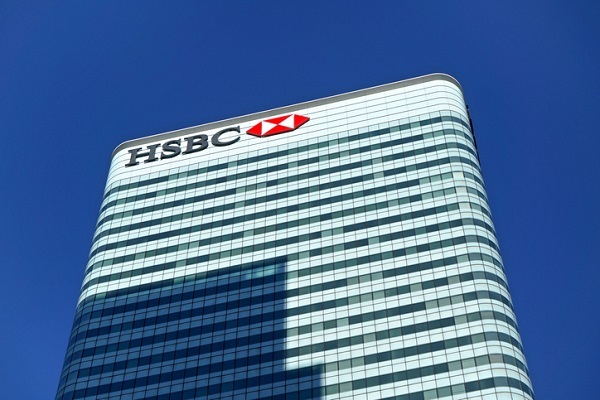ii view: investors love HSBC's focus on Asia and shareholder returns
6th March 2023 11:20
by Keith Bowman from interactive investor
Considering a special dividend following the sale of its Canadian business and with exposure to a potential Chinese economic post-pandemic recovery. Buy, sell, or hold?

Full-year results to 31 December
- Revenue up 4% to $51.7 billion (£42.9 billion)
- Pre-tax profit down 7.3% to $17.53 billion (£14.55 billion)
- Capital cushion or CET1 ratio down 1.6% to 14.2%
- Final dividend of 23 US cents per share
- Total 2022 dividend up 28% to 32 US cents per share
Chief executive Noel Quinn said:
"2022 was another good year for HSBC. We completed the first phase of our transformation and our international connectivity is now underpinned by good, broad-based profit generation around the world. This contributed to a strong overall financial performance.
“We are on track to deliver higher returns in 2023 and have built a platform for further value creation. With the delivery of higher returns, we will have increased distribution capacity, and we will also consider a special dividend once the sale of HSBC Canada is completed."
- Invest with ii: Open an ISA | Top ISA Funds | Transfer an ISA to ii
ii round-up:
Founded in 1865 in Hong Kong and now headquartered in London, HSBC Holdings (LSE:HSBA) serves around 39 million customers in over 60 countries worldwide.
It operates across the three arenas of Wealth and Personal Banking, Commercial Banking, and Global Banking and Markets.
For a round-up of these latest results announced on the 21 February, please click here.
ii view:
HSBC employs over 200,000 people. Its stock market value of around £120 billion is comfortably above rivals Lloyds Banking Group (LSE:LLOY), Barclays (LSE:BARC), and NatWest Group (LSE:NWG) all at under £35 billion. Over three-quarters (78%) of its profit came from Asia in 2022. Its previously detailed transformation plan focuses on reshaping its business portfolio, increasing its capital efficiency, and tightly managing costs. A pay-out ratio of 50% of earnings excluding significant items is now being pursued for 2023 and 2024, with share buybacks also being considered at first-quarter 2023 results in May.
For investors, economic outlook uncertainty cannot be ignored, with bad debt provisions on the agenda again, this time in relation to Chinese property loans. An increasingly difficult relationship between the world’s two biggest economies, the USA and China, also warrants consideration. So do elevated costs for businesses generally and the potential for tax rises given strained government finances following both the pandemic and required consumer energy bill support.
- 10 UK shares Warren Buffett might put in his ISA in 2023
- NatWest shares slump despite spectacular annual profit
- Barclays disappoints amid significant headwinds
More favourably, progress made by its transformation plan continues, with sale proceeds from the sale of its Canadian business potentially being returned to shareholders via a special dividend. Spending on technology is now almost a fifth higher than in pre-Covid in 2019, a strong focus on general costs remains, while the bank's push to grow its Asian wealth business resulted in a net new $59 billion of assets being added over 2022.
With HSBC's transformation programme delivering results, exposure to fast-growing economies and the shares now offering a forecast dividend yield of around 7%, investors will likely remain interested.
Positives:
- Ongoing transformation plan
- Looking to return to quarterly dividend payments
Negatives:
- Capital cushion reduced
- Heightened political tensions between the USA and China
The average rating of stock market analysts:
Buy
These articles are provided for information purposes only. Occasionally, an opinion about whether to buy or sell a specific investment may be provided by third parties. The content is not intended to be a personal recommendation to buy or sell any financial instrument or product, or to adopt any investment strategy as it is not provided based on an assessment of your investing knowledge and experience, your financial situation or your investment objectives. The value of your investments, and the income derived from them, may go down as well as up. You may not get back all the money that you invest. The investments referred to in this article may not be suitable for all investors, and if in doubt, an investor should seek advice from a qualified investment adviser.
Full performance can be found on the company or index summary page on the interactive investor website. Simply click on the company's or index name highlighted in the article.